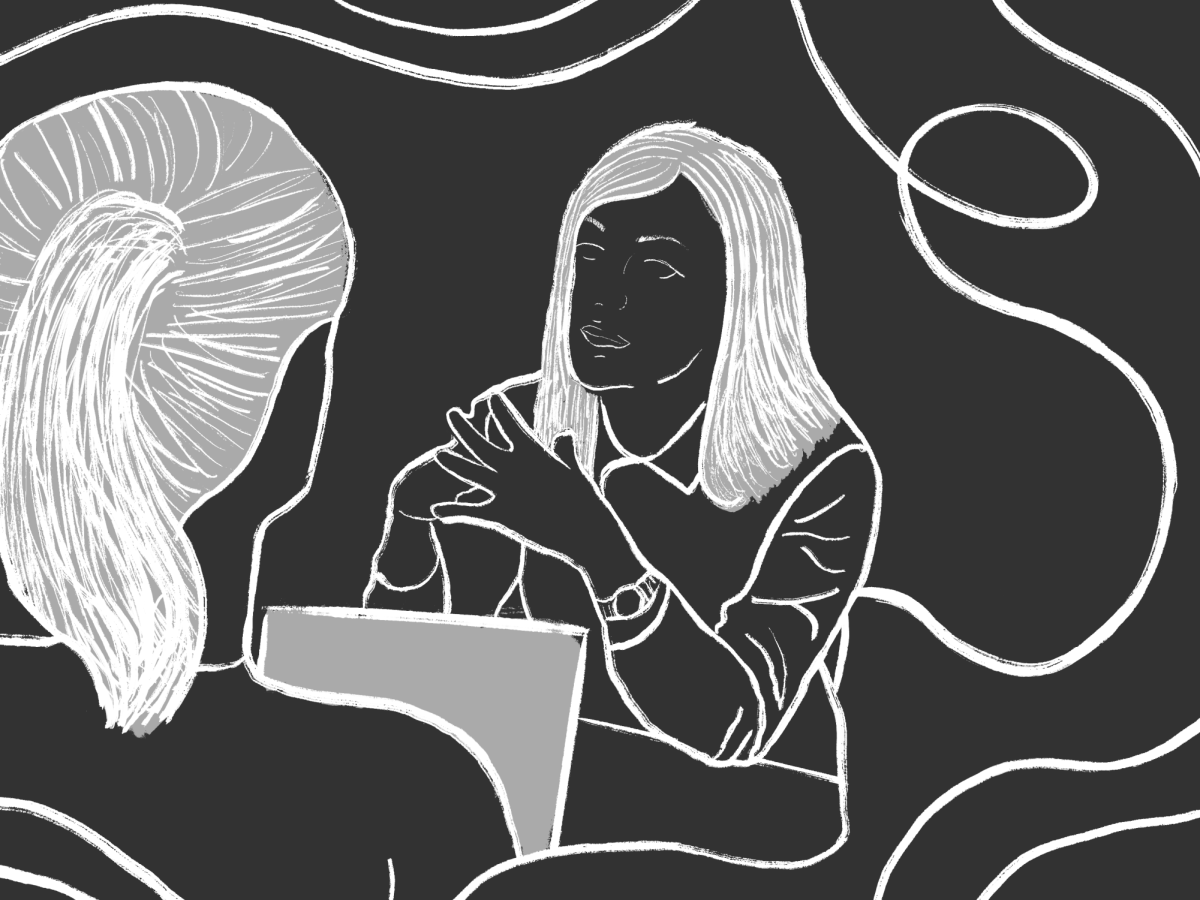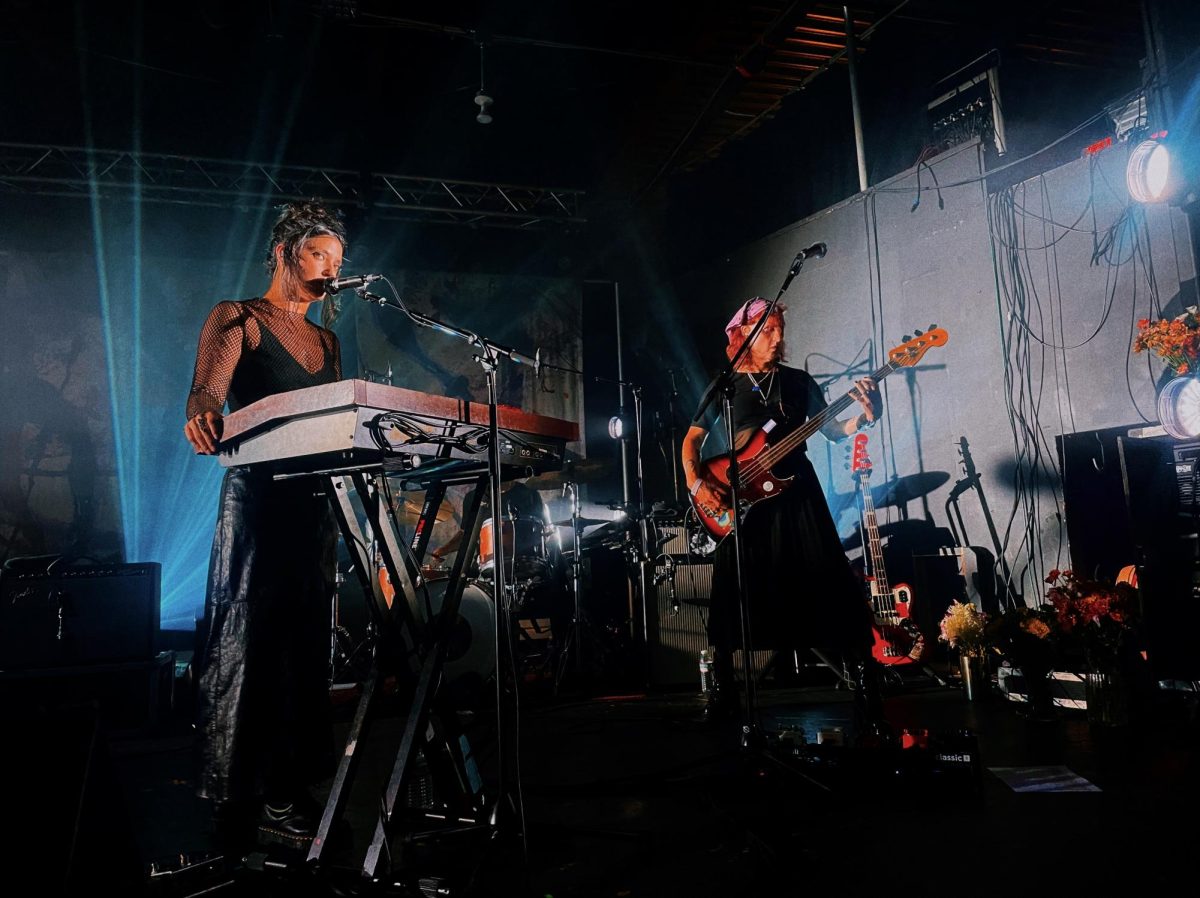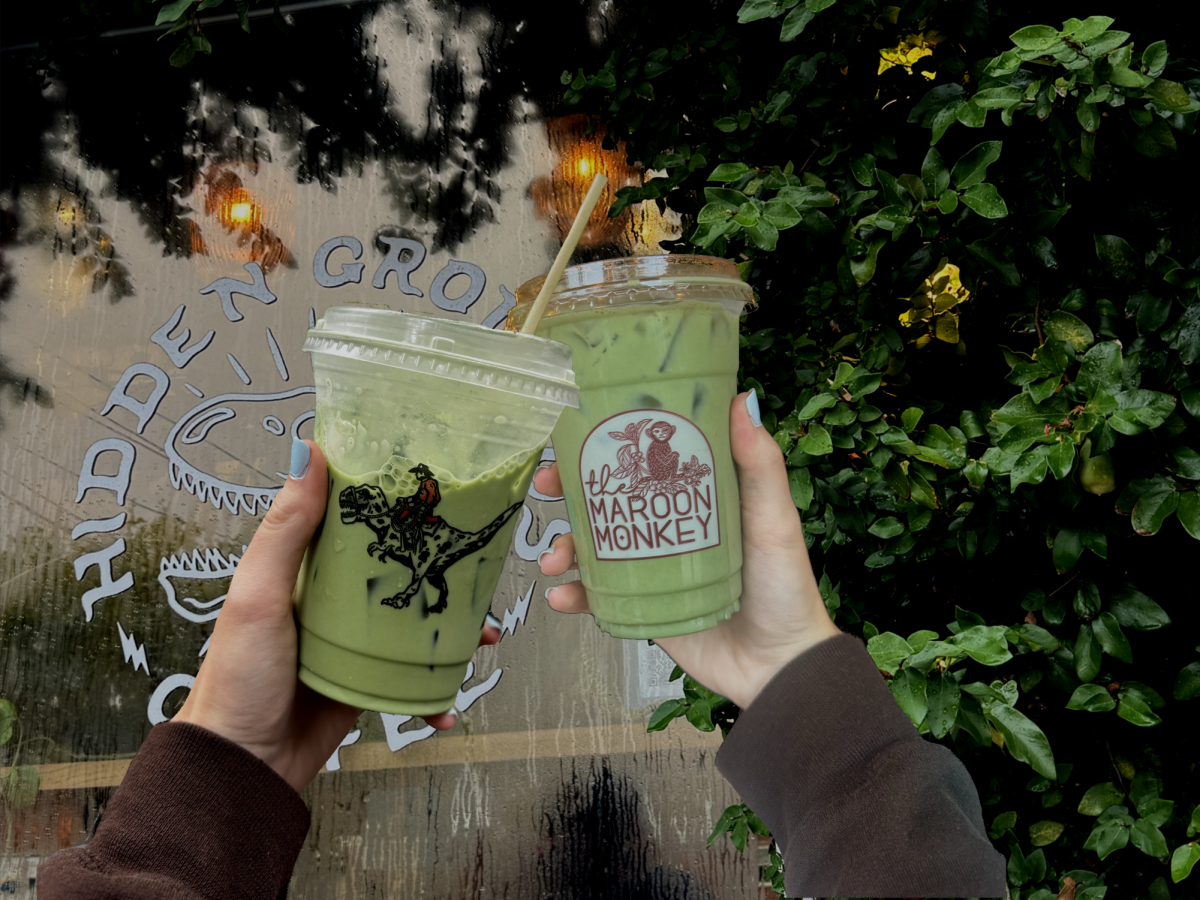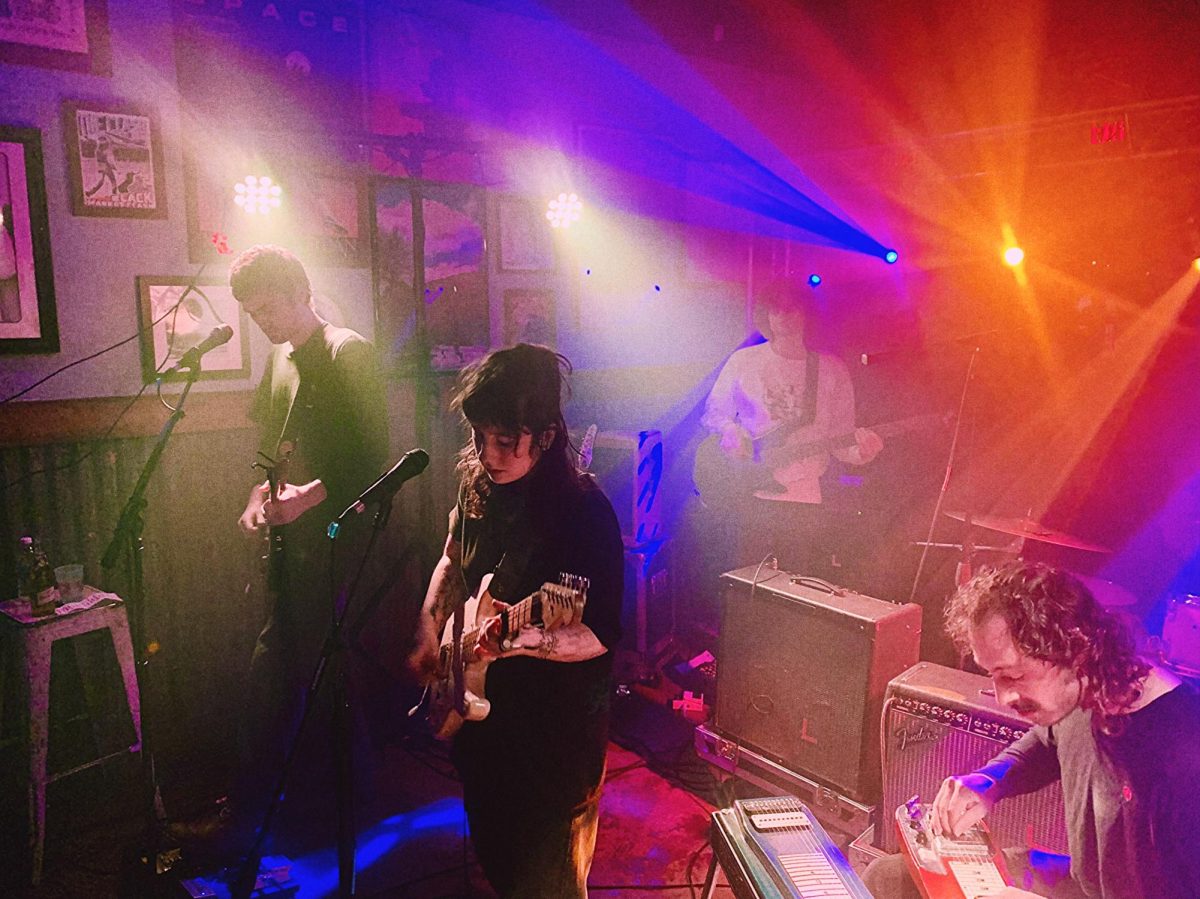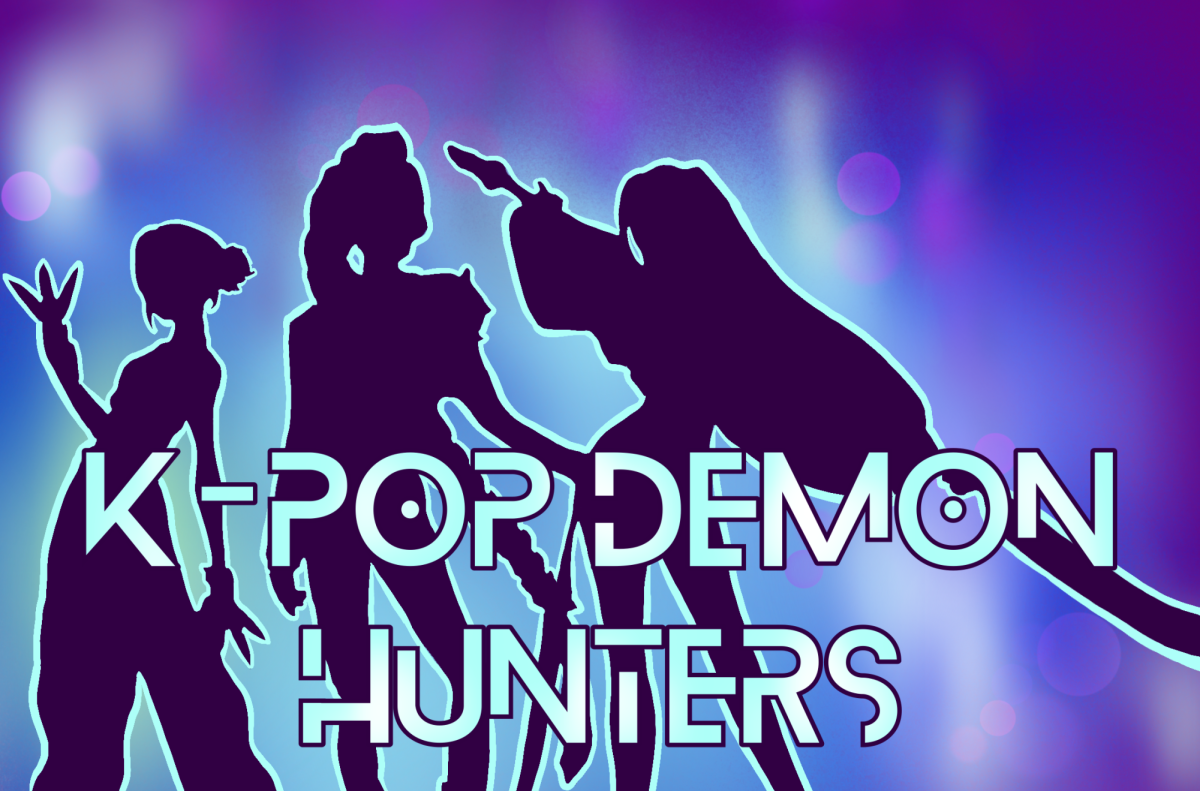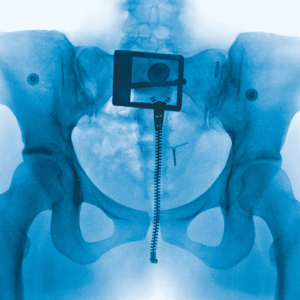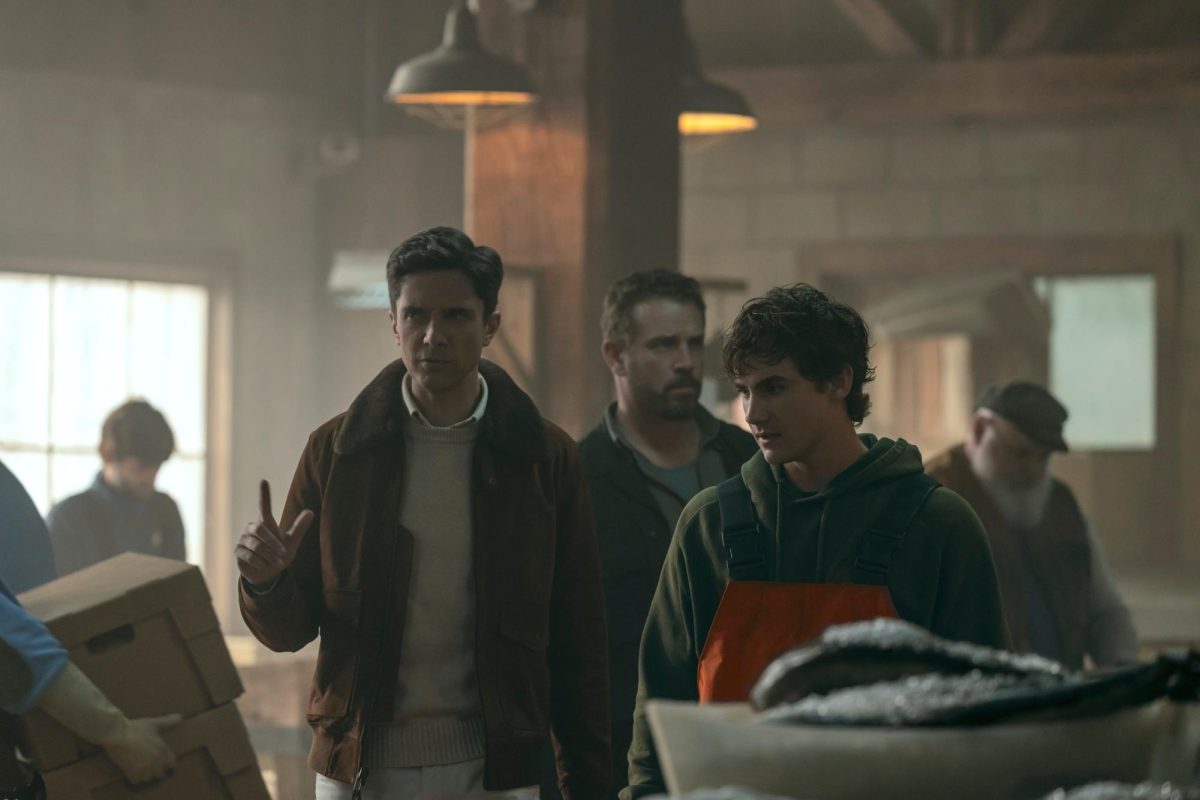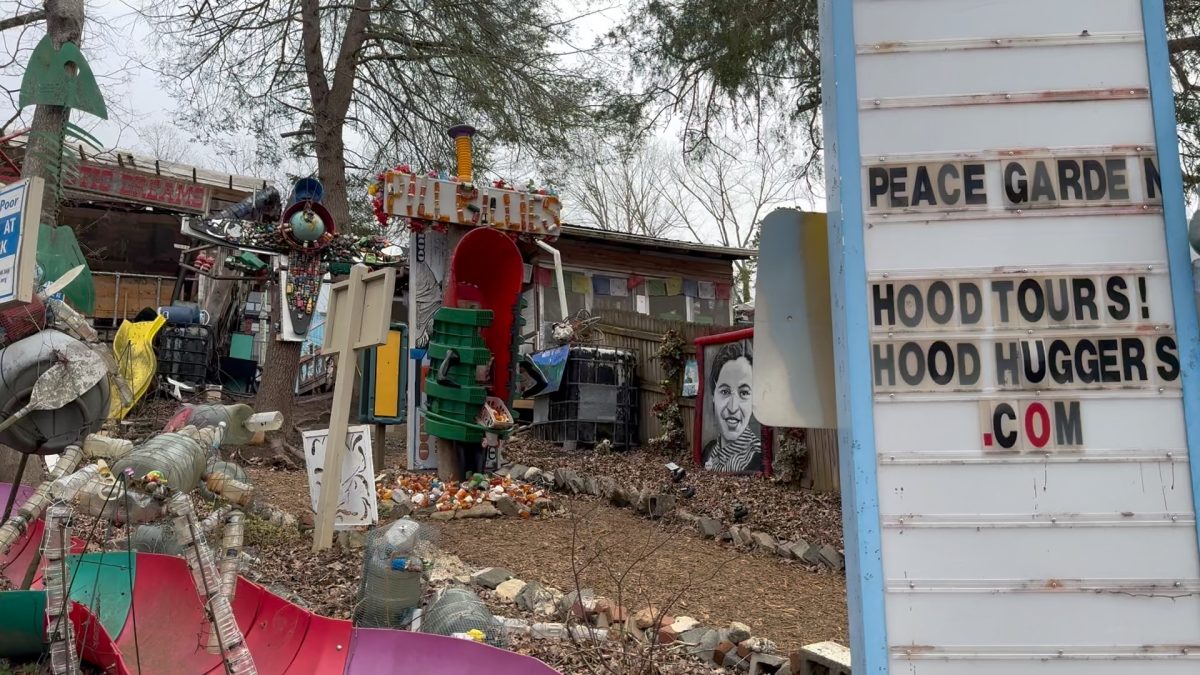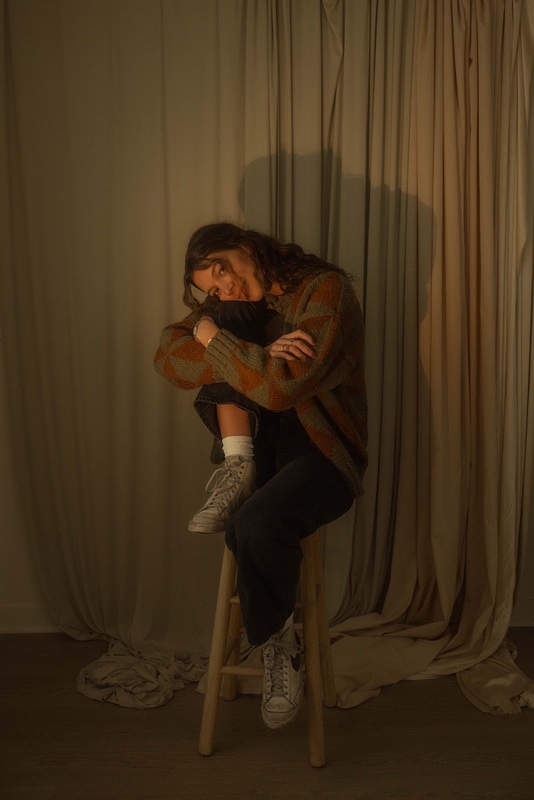In the ever-expanding world of indie animation, no project has had quite as much recognition as Vivienne Medrano’s (better known online as Vivziepop) 2019 pilot, “Hazbin Hotel.” Despite receiving just as much criticism online for its art style and raunchy humor as it did praise, the pilot and its spin-off, “Helluva Boss,” had a turbulent effect on internet animation. The “Hazbin Hotel” pilot garnered hundreds of millions of views, an unmatchable fanbase and inspired future indie animation series’ such as “The Amazing Digital Circus” and “Murder Drones” in the years since its inception. Now, with A24 and Bento Box helping Vivienne’s own studio, Spindlehorse, with bringing it to life, and Prime Video giving it a platform alongside other animated hits such as “Invincible” and “The Legend of Vox Machina,” “Hazbin Hotel” has overcome years of delays and other setbacks and has finally been brought to the masses.
But does the series deliver after all this time?
“Hazbin Hotel” centers around Charlie Morningstar (voiced by Erika Henningsen), the princess of Hell and the daughter of Lucifer (voiced by Jeremy Jordan). Every year, to cut down on overpopulation and prevent any form of uprising, the forces of Heaven massacre the sinners of Hell to uphold their own evangelical beliefs that sinners cannot be redeemed, and a proposal by Charlie to redeem sinners to reduce overpopulation peacefully gets that window shortened to a mere six months. Now, Charlie and her team at the titular Hotel, including her girlfriend and protector Vaggie (voiced by Stephanie Beatriz), renowned porn star Angel Dust (voiced by Blake Roman) and all-powerful “Radio Demon” Alastor (voiced by Amir Talai), must work to try and achieve Charlie’s dream and redeem sinners before the next Extermination, all while several much larger problems unfold in the background.
“Hazbin Hotel” is not without issues. The first couple of episodes have their fair share of growing pains, largely with pacing and the way some issues are resolved–such as one episode’s conflict between two characters that feels like a sitcom conflict and is resolved just as fast as it reaches its boiling point. Furthermore, the show’s sense of raunchy, profane humor can very much come off as annoying and may serve as a turn-off to some, as it did get grating at times. There are definitely issues, but they feel more like growing pains than anything else. Luckily, the show quickly finds its footing and manages to mostly work through these problems–even if they do still rear their head from time to time–and the confirmation of a second season definitely gives reassurance that these issues can be resolved.
One of the biggest things worth noting with “Hazbin Hotel” is its tone. Despite being a raunchy comedy set in Hell, the show handles its tone fairly well and knows where to find the balance between its loud and crass humor and the far darker, more tragic moments. That in itself is one of “Hazbin’s” greatest strengths–that there are genuine, somber layers underneath the comedy and violence. While not every joke lands and not every emotional moment hits right away, the majority do, making the show an utterly engrossing watch. The show also indulges in pretty heavy subject matter from religious prejudice to sexual abuse, and while not everyone will share the same experience, it felt very genuine and well-handled.
Another element that makes the show a blast to watch is its animation. While some may find it unappealing for its over reliance on shades of red, “Hazbin’s” animation is delightful to watch, with plenty of background details, poppy and bombastic iconography during its many musical numbers and overall sparkle to make it appetizing to watch a good majority of the time. This is helped by the character designs, all of which are full of popping colors and stark features. Some viewers may find the designs overcomplicated, exaggerated and cheap, but I found them all to be a feast for the eyes and immediately iconic. The animation does have its weak spots and may not be the most appealing to everyone, but when it shines, it absolutely soars and is a joy to watch.
Speaking of the characters, the entire cast knocks it out of the park. Henningsen is marvelous as Charlie, striking a balance between a kind, adorable airhead and a woman with far deeper sadness and anger perfectly and selling both the comedic and dramatic moments. Henningsen expertly bounces off Beatriz’s Vaggie and Jordan’s Lucifer–both of whom also give equally amazing performances. Roman’s Angel Dust is an obvious standout, and Angel is the best example of the show’s tonal balance, being a character who hides very dark and traumatic layers under a snide, vulgar veneer. Talai steals every scene as Alastor, a demon of unfathomable power who not only enjoys the suffering of others, but is suggested to have his own motivations for helping Charlie as well, and it is deliciously enjoyable every time he’s onscreen.
Rounding out the main cast are the legendary Keith David as the grizzled bartender Husk and Kimiko Glenn as the psychotic maid Niffty, both of whom provide great performances that suit their characters, with David getting a much larger role to play later on. “Beetlejuice: The Musical” alum Alex Brightman returns from “Helluva Boss” and plays two massive roles in the show; the first is Adam, the narcissistic, sexist and heartless leader of Heaven’s Exorcists who gives a loud and menacing–if at times obnoxious–showing as the villain alongside his bloodthirsty assistant Lute (voiced by Jessica Vosk). The second is Sir Pentious, a pathetic, Victorian Era wannabe villain who crosses paths with the residents of the Hotel and is easily one of the most entertaining and surprisingly loveable characters in the show.
The real standouts of “Hazbin Hotel,” both in the main cast and supporting roles, have to be “The Vees,” a trio of powerful overlords. The trio, consisting of television headed entrepreneur Vox (Christian Borle), devious pimp and Angel’s boss Valentino (Joel Perez) and tech-savvy fashionista Velvette (Lilli Cooper), steal the show, both in their dedicated episode early on and other appearances throughout. All three of them have plenty of moments to shine, and all three have excellent chemistry, but it is Perez as Valentino who stands out the most and helps to deliver one of the darkest and most realistic and grim moments in the entire show.
The true selling point of the show has to be its music. With an overall Broadway aesthetic and featuring plenty of Broadway stars, it only makes sense for “Hazbin” to be chock full of musical numbers, and while one or two are not the most remarkable, the majority of the songs knock it out of the park and are instantly catchy. The soundtrack by Sam Haft and Andrew Underberg covers a massive variety of styles and genres, and all of them are nothing short of extraordinary, helped by the show’s great use of sound design that makes you immersed in every last song. Some particular standouts include Charlie’s opening Disney Princess-esque ballad “Happy Day in Hell,” Angel’s tragic ’80s synth number “Poison,” Alastor and Vox’s high-energy and cutting duet “Stayed Gone,” Charlie and Lucifer’s utterly tearjerking and beautiful duet “More Than Anything” and the grandiose and satisfying “Finale,” with plenty other amazing numbers throughout the show’s length.
From its start as a simple and energetic web pilot to finally receiving its time in the spotlight, it is an honor to say that “Hazbin Hotel” managed to live up to the hype. It does certainly have its flaws with its pacing and humor, and hopefully a second season and beyond could help to correct them, but the show nonetheless stays an engaging blast with amazing characters, largely stunning animation and utterly fantastic music. All of this is to say that, in spite of its flaws, I absolutely enjoyed my stay with Charlie Morningstar and the rest, and I cannot wait to see what comes next.






